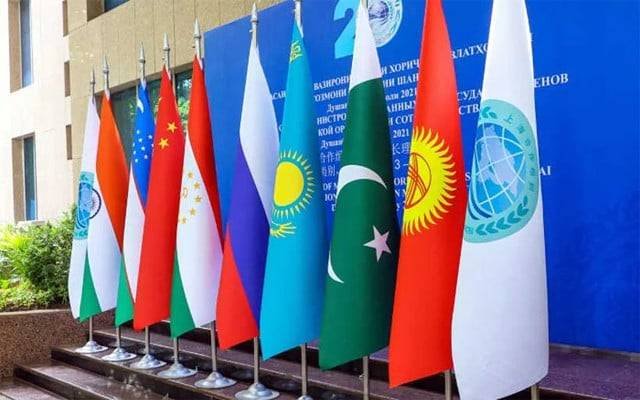On March 11, 2022, three days after the Ministry of Foreign Affairs had received the much-discussed cypher from the then-Pakistani ambassador in Washington, former army chief General (r) Bajwa had discussed the issue with Imran Khan, but the latter had ignored it.
The Pakistan Air Force formally inducted modern J-10C fighter aircraft in its fleet during a ceremony at the Kamra Air Base on March 11 last year. The then prime minister Imran Khan, former COAS Gen (r) Qamar Javed Bajwa, Air Chief Marshal Zaheer Ahmad Babar, former chief of naval staff Amjad Khan Niazi, former Peshawar Corps Commander Lt-Gen Faiz Hameed and some federal ministers had also attended the ceremony.
According to sources, during the ceremony, Gen Bajwa got the opportunity to talk to Imran (who was the PM at the time) about the cypher issue and its sensitivity, given what the Pakistan ambassador had said and suggested. Imran, however, could have given more attention. As per the statement by then principal secretary to PM Azam Khan, by that time, Imran had already made up his mind on how to play with the cypher. It is said that a few days after the Kamra meeting, Asad Umar met Gen Bajwa and offered him a two-year extension on behalf of Imran Khan. When contacted regarding this, Asad Umar said that he won’t be able to talk on any such issue as a retired politician now. He, however, was willing to talk about cricket.
Pervez Khattak is said to have conveyed the same offer [to Gen Bajwa] but for an indefinite period, which was once mentioned by the ISI DG in a press conference last year. Imran Khan was pressing Gen Bajwa to get the vote of no-confidence defeated in any manner. In his frustration, Imran then took the cypher issue public on March 27. A day before that, on March 26, Imran had called a meeting with the army chief and the DG of the ISI at the PM House, where some key PTI ministers were also present. Imran wanted to discuss how to foil the no-confidence motion against his government.
It may be recalled that Imran Khan had once claimed that the military establishment had brought him three options from the [then] opposition. The army chief and ISI DG were called to discuss the political scenario of the time. They met, and during the meeting, three options were mutually discussed between the then civilian and military leadership: facing the no-confidence move, resignation or dissolving the assembly.
Imran rejected the first two options and agreed to the third one, which, according to him, was workable. The military authorities were told to convince the then-opposition to withdraw the no-confidence motion, and in return, Imran would dissolve the assembly.
The COAS and ISI DG met the opposition leadership on the same day and conveyed the three options discussed between the military establishment and the civilian leadership. The opposition rejected all three options, including the dissolution of the assembly.
The ‘No’ by the opposition frustrated Imran Khan, who then started playing on the cypher issue and made it a ‘conspiracy’ of regime change — without realizing the sensitivities involved.















